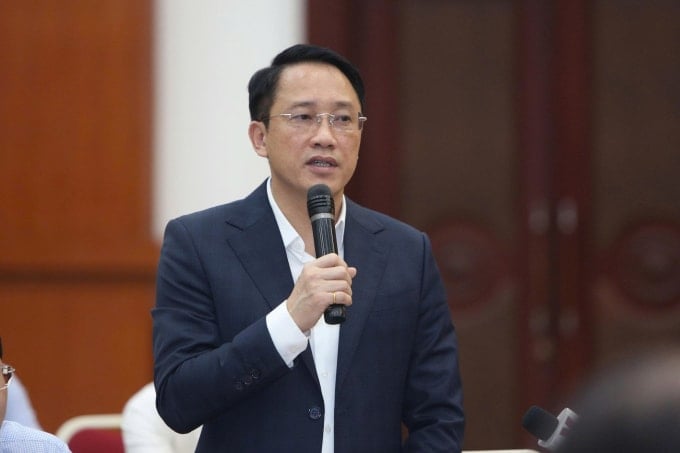
Resolution 68 of the Politburo requires the elimination of lump-sum tax for business households by 2026 at the latest. At the same time, the operator expands the tax base through the use of electronic invoices generated from cash registers.
According to Mr. Mai Son, Deputy Director of the Tax Department (Ministry of Finance), this will be a necessary preparation step for business households to develop into enterprises, thereby being able to access support policies and resources to expand production and business.
Mr. Son said the synchronous implementation of solutions under Resolution 68, including the elimination of lump-sum taxes, will create very positive changes for the private economic sector.
"When the business environment is transparent and fair, and business households are supported to grow, they will have more opportunities to become enterprises and contribute more to the economy," said Mr. Son. Thanks to that, the private economic sector will increasingly develop in scale and quality, becoming one of the most important driving forces contributing to economic growth and job creation.
Also according to the representative of the Ministry of Finance, the removal of lump-sum tax and the change to self-declaration and tax payment based on actual revenue will help accurately reflect business capacity, ensuring the principle of "taxpayers self-declaring, self-paying, and self-responsible".
Eliminating lump-sum tax also contributes to modernizing the tax system and improving management efficiency. Because when businesses self-declare on a digital platform, tax authorities can provide maximum support through simple electronic applications. This also helps prevent fraud, tax losses, and creates fair competition because all businesses must comply with the same transparent method.
Vietnam currently has over 5.2 million business households, creating 8-9 million jobs, equivalent to the private sector. In fact, many business households are used to paying lump-sum taxes, so they do not pay attention to bookkeeping and revenue transparency. When lump-sum taxes are abolished, they are forced to implement accounting books, invoices and vouchers according to the declaration method or small and micro enterprises.
The lump-sum tax will be completely abolished next year, but according to Decree 70, from June 1, business households with annual revenue of over 1 billion VND in certain industries (food and beverage, hotels, retail, passenger transport, beauty, entertainment, etc.) will have to convert first. According to the Deputy Director of the Tax Department, this is a preparatory step for large business households to gradually get used to the new management method.
To support business households in converting by 2026, Mr. Mai Son said the Ministry of Finance is perfecting tax management policies towards completely abolishing the lump-sum tax collection mechanism. At the same time, the Ministry is also studying amendments to the Law on Personal Income Tax and Value Added Tax to adjust the threshold of annual revenue not subject to tax.
"This adjustment aims to ensure that business households with revenue below a certain threshold continue to be exempt from tax, in line with the increase in family deductions when calculating personal income tax, thereby reducing the tax burden on small and micro households," he said.
The Ministry of Finance also advocates maximally simplifying the accounting, invoice, and voucher regime to make it easier for businesses to implement. The operator will coordinate with accounting and invoice software solution providers to provide free shared accounting tools and software. They also increase support and guidance on accounting, taxes, and laws for businesses. The goal is to help businesses gradually get used to transparent bookkeeping and invoice issuance without creating too many procedures and costs.
In addition, the agency is reforming procedures and applying technology in tax management, helping business households and small enterprises easily comply with tax and accounting regulations, minimizing errors and time to fulfill tax obligations.
At the same time, local authorities are also encouraged to have financial support plans for businesses facing difficulties (poor households, remote areas without equipment) to help them apply this solution soon.
On the other hand, tax authorities will increase connectivity, integration and data sharing with relevant ministries, sectors and units to closely monitor the activities of business households after the abolition of lump-sum tax. Thereby, they will also promptly detect and identify cases with tax risks or violations of the law.
That is, based on the centralized data system, tax authorities can compare the declared revenue of business households with payment cash flow, electronic invoice data, or information from banks, market management agencies, etc. From there, tax authorities can identify business households with signs of tax evasion and invoice fraud for inspection and handling.
VN (according to VnExpress)Source: https://baohaiduong.vn/bo-thue-khoan-de-ho-kinh-doanh-len-doanh-nghiep-412890.html












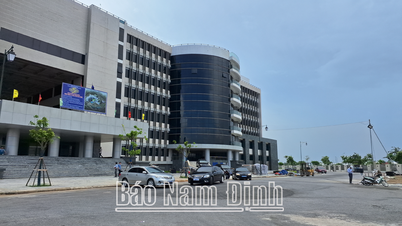

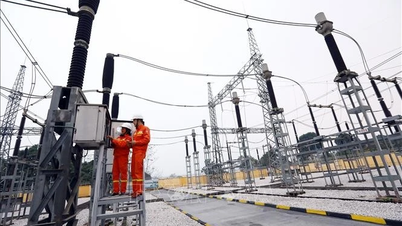











































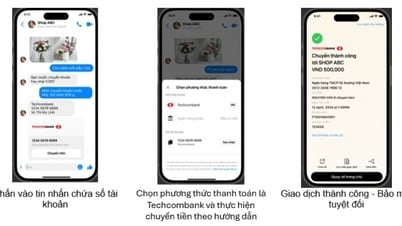









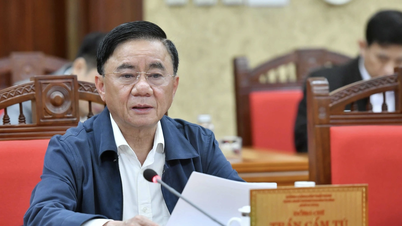










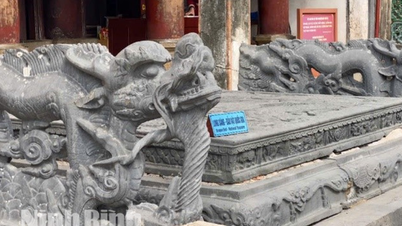


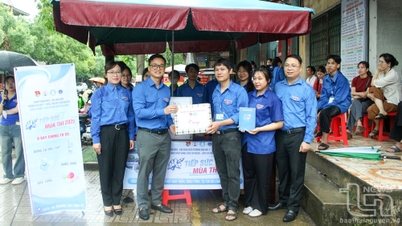




















Comment (0)